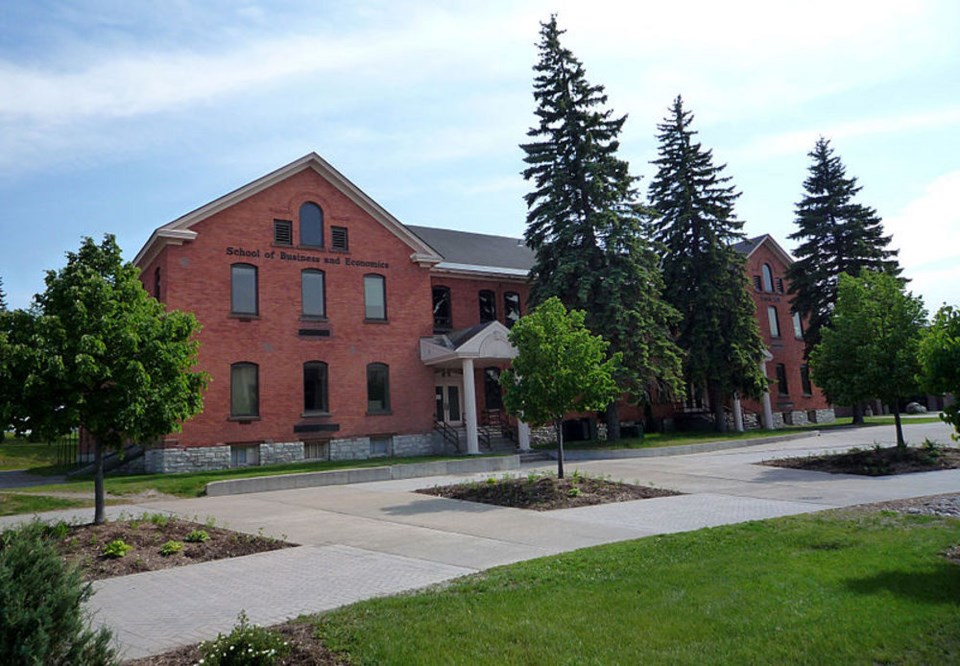SAULT STE. MARIE, MICH. – Lake Superior State University has transitioned to virtual learning after the discovery of two water infrastructure issues yesterday, the university announced in a news release issued today.
LSSU President Dr. Rodney S. Hanley states that one of the issues is in an acadmedic building, while the other is in the Osborn Hall residence building.
“Although our Physical Plant staff is working diligently on repairs, the Osborn Hall issue does not have a definitive resolution date yet, leaving it with only cold water service in the interim,” Hanley said in the release. "Given the totality of our current situation—that is, our proximity to the completion of the semester and the ongoing health and safety considerations related to COVID-19—we have made the difficult decision to transition to virtual delivery for the balance of the fall 2020 semester, including exams.”
Residence halls and dining services will remain open until semester’s end on Nov. 21, maintaining previously published dates. LSSU is providing temporary relocation support for Osborn Hall occupants who need to stay on-campus.
“As previously demonstrated, LSSU is fully prepared for online instruction,” said Hanley. “Last March, when we switched to virtual classes for the remainder of the spring 2020 semester and the summer terms, we had purchased additional laptops, added online bandwidth, bought video software, and conducted training on how to teach remotely. Things turned out as well as could be expected.”
The university has plans to go back to face-to-face instruction for the spring 2021 semester – which is set to start on Jan. 19 – "because students and their families overwhelmingly prefer an on-campus experience, and because the Upper Peninsula has not been affected by the COVID-19 pandemic as much as other parts of the U.S."
